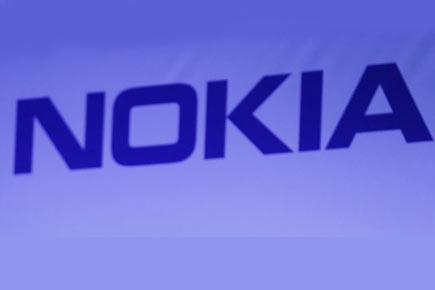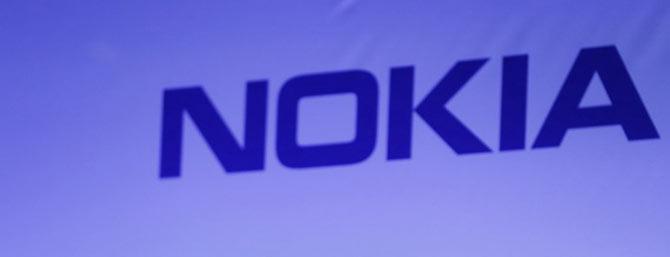Nokia shares fell by nearly 5 percent on Thursday in Helsinki as analysts warned a legal battle with Apple could delay for years royalty payments that are vital to shoring up the Finnish company's profits

Nokia

ADVERTISEMENT
Nokia shares fell by nearly 5 percent on Thursday in Helsinki as analysts warned a legal battle with Apple could delay for years royalty payments that are vital to shoring up the Finnish company's profits.
Nokia's patent licence contract with Apple expires at the end of the year. This week, both sides have taken legal action - with Nokia accusing Apple of violating some technology patents and Apple complaining of being overcharged - suggesting a new deal will be hard to agree.
Nokia filed further complaints against Apple on Thursday, saying it had now filed 40 patents suits in 11 countries covering technologies such as displays, software and chipsets.
"Nokia has created or contributed to many of the fundamental technologies used in today's mobile devices, including Apple products. After several years of negotiations trying to reach agreement to cover Apple's use of these patents, we are now taking action to defend our rights", " Ilkka Rahnasto, head of Nokia patent business said in a statement.
Patent royalties represent a sliver of Nokia's overall revenue, more than 90 percent of which comes from sales of telecoms network equipment. But the licensing payments are highly profitable at a time when the network business is suffering an industry-wide slump.
"Nokia will likely be granted a better licence deal from Apple. But because of the dispute, it could take years to reach a new contract, and royalties will likely come (as) retrospective one-time payments," said Inderes analyst Mikael Rautanen, who has an "accumulate" rating on Nokia shares.
Once the world's dominant cellphone maker, Nokia sold its handset business to Microsoft in 2014 and focused on its network business as well as a bulging portfolio of mobile device patents.
Wells Fargo Securities analyst Maynard Um, who follows both companies, said the lawsuits were negative for Apple and Nokia due to litigation costs and uncertainty over the outcome. "The fact that this did not go to arbitration suggests, to us, that the two sides must be far apart in what each party wants," he wrote in a note to clients.
"It appears (Apple) is not arguing the validity of the patents but, rather, the rate it deems fair," he said, adding Nokia could also "choose to file a suit with the International Trade Commission (ITC) to bar Apple from importing handsets into the U.S." Um rates both companies' shares as "market perform".
Nokia's patents cover technology that reduces the need for hardware components in a phone, conserves battery life, increases radio reception, helps in recovering lost phones and enables voice recognition, among other features.
The Finnish firm has forecast the run-rate of its patent and brand licensing sales will be about 950 million euros ($994 million) by the end of 2016, but that it will fall to about 800 million after the Apple deal expires, in the absence of a new one.
Nokia's total sales in 2016 are expected to top 24 billion euros.
Its shares in Helsinki closed at 4.5 euros, and are down some 30 percent since the start of 2016. In New York Nokia shares traded down 0.6 percent at 4.73 dollars. ($1 = 0.9557 euros)
 Subscribe today by clicking the link and stay updated with the latest news!" Click here!
Subscribe today by clicking the link and stay updated with the latest news!" Click here!






